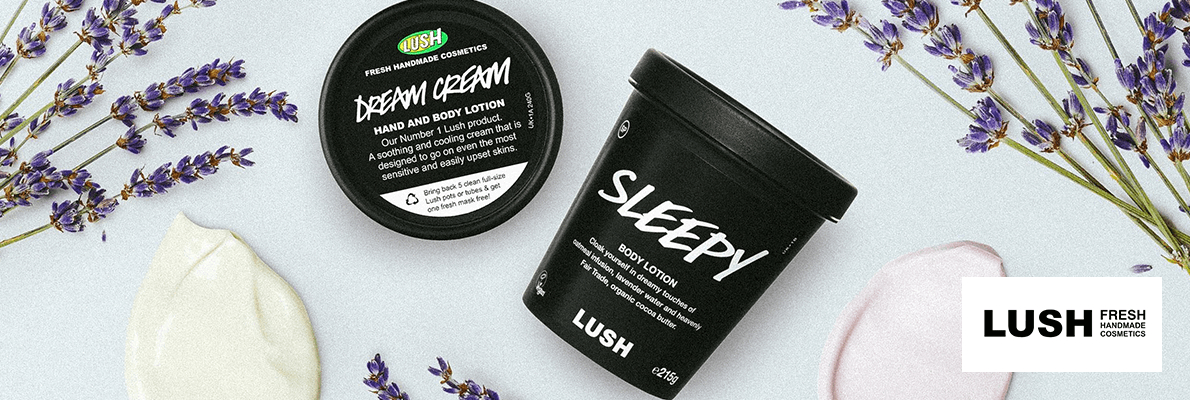
FDA calling our attention towards batches of unregistered food products isn’t new, but the most recent one struck a chord with people for more two reasons. First, because they called out the cult favorite, Reno Liver Spread.
And second, because it’s timely: more online food businesses are sprouting left and right as a response to the pandemic forcing people indoors. This led to people asking: should my small cured sardines business be registered? Is that Instagram store selling frozen tocino listed under FDA?
So, for the sake of all you Instagram bakers and Facebook chefs out there, here’s the lowdown on whether you need to list your business or not, based on relevant government agencies.
FDA says: you aren’t required, unless your business sells these
Cancel culture will shake once it sees how often FDA “cancels” unregistered food products. To be fair, though, it has good reasons for policing food products, all of which point to consumer safety. If they don’t, then they might be unknowingly allowing products that are health hazards, illegal imports, or below standard quality into the market.
But don’t worry, FDA is also straightforward with which kinds of businesses should register to them, namely medicine, medical devices, cosmetics, toys, childcare articles, veterinary products, pesticides, and processed food; yes, your IG-based sushi bakes and cheese donuts don’t count so you’re safe.
Also, the FDA reminds businesses who import their products in bulk to secure a clearance with the FDA before putting a price tag on them.
DTI says: you aren’t required, but you may lose buyer confidence
Don’t jump for joy just yet; not being regulated may sound like you have all the freedom to run your business, but in reality, this strips you of all the privileges like incentives and loan programs that DTI-registered business enjoy, as well as of the ever-necessary buyer’s confidence, because how can they be sure if you’re legit?
Sure, you can probably weather the first years as a micro-business without listing yourself under DTI, but once you’ve found a following and you’ve built a better supply chain, you won’t have any legal security from scams done by suppliers, manufacturers, shipping services, and even shady customers.
Plus, with all the businesses starting their base on Instagram and Facebook, being DTI-registered is that a cool badge that can set you apart from competitors.
BIR says: you aren’t required, unless you make this much a year
When the bureau was bashed last June for threatening to crack down on small online businesses, they were quick to retract their statement. They course-corrected by saying they were really eyeing big online businesses operating nationwide.
And so everyone breathed a sigh of relief. But just in case you do make it big (we got to reach for the stars, right?), how big should big be before you get BIR’s attention?
An annual net income of P250,000 is the benchmark, according to BIR. Anything less, and you won’t be subject to the bureau’s tax imposition.
However, it has to be said micro-businesses with self-proprietors are different from self-employed professionals conducting business online, also known as freelancers. If you are the latter, you have to register under BIR, apply for a Taxpayer Identification Number or TIN, and pay your due taxes.
This isn’t meant to say that you aren’t required to register under any regulating body, but to say that you can only go so far as a micro-business before you graduate and get bigger. If you’re still unsure, these government offices have all the answers you need right here, here, and here.






















